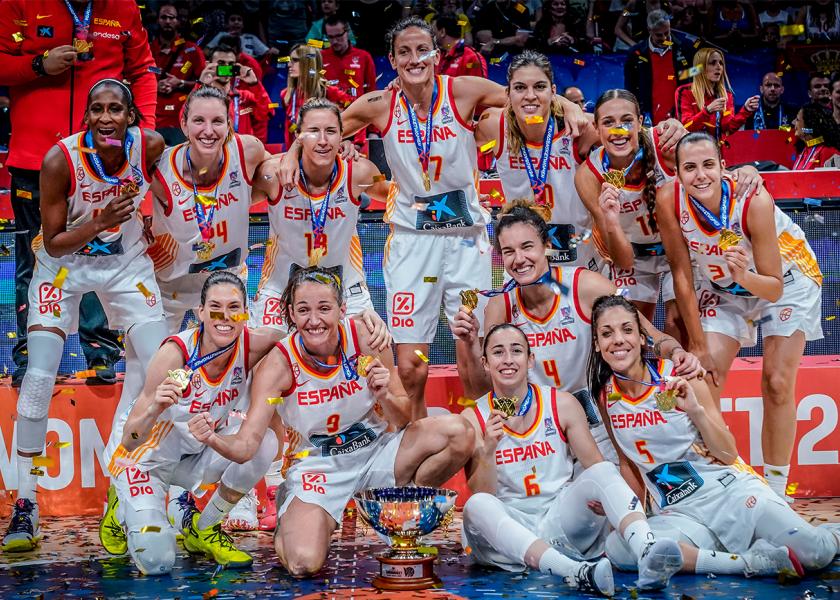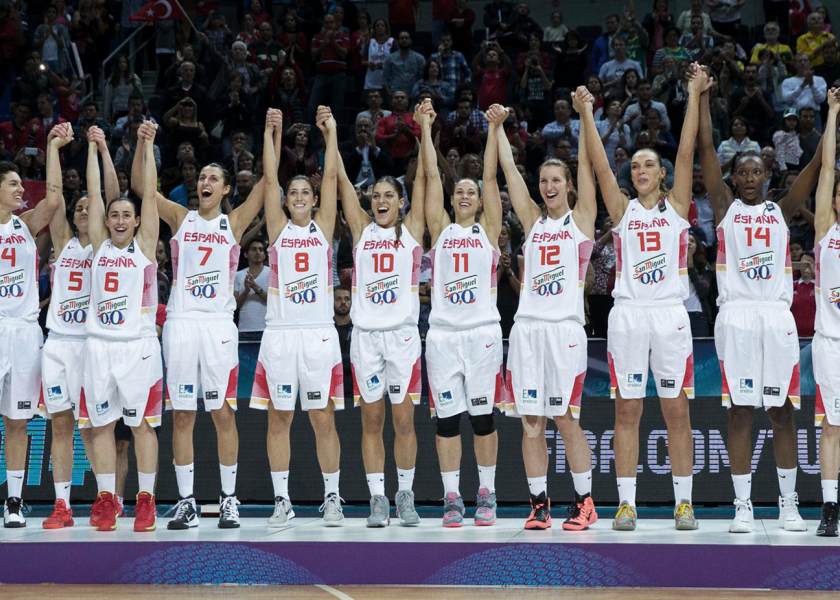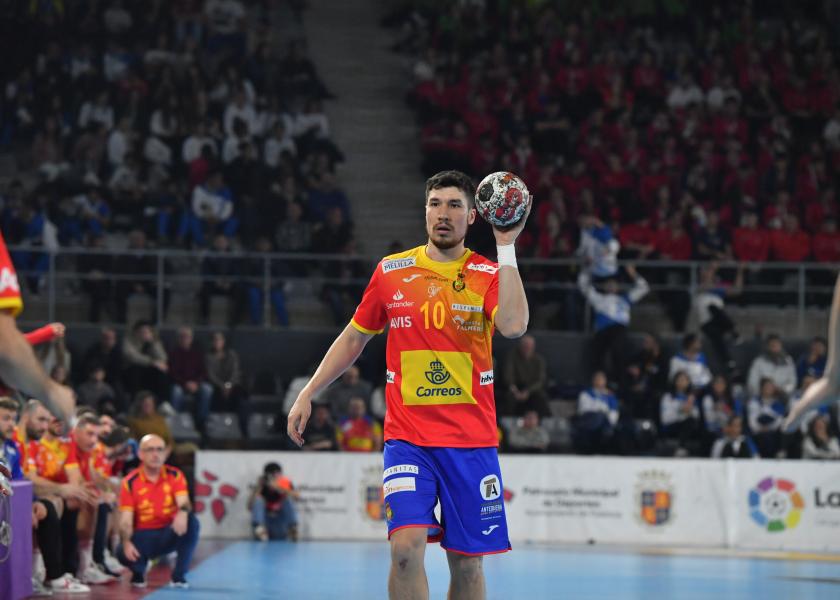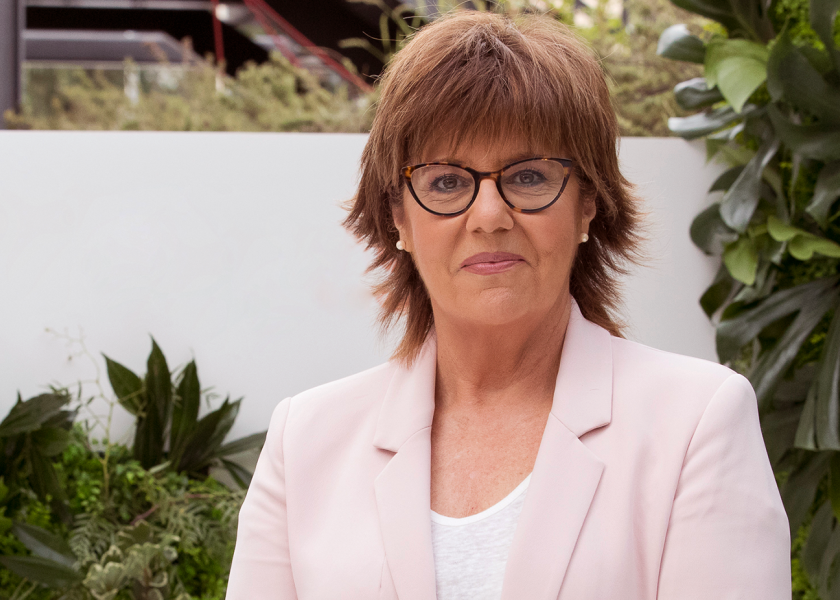Jordi Xammar and Silvia Más
Set Sail for Japan with the Tokyo Olympics on the Horizon
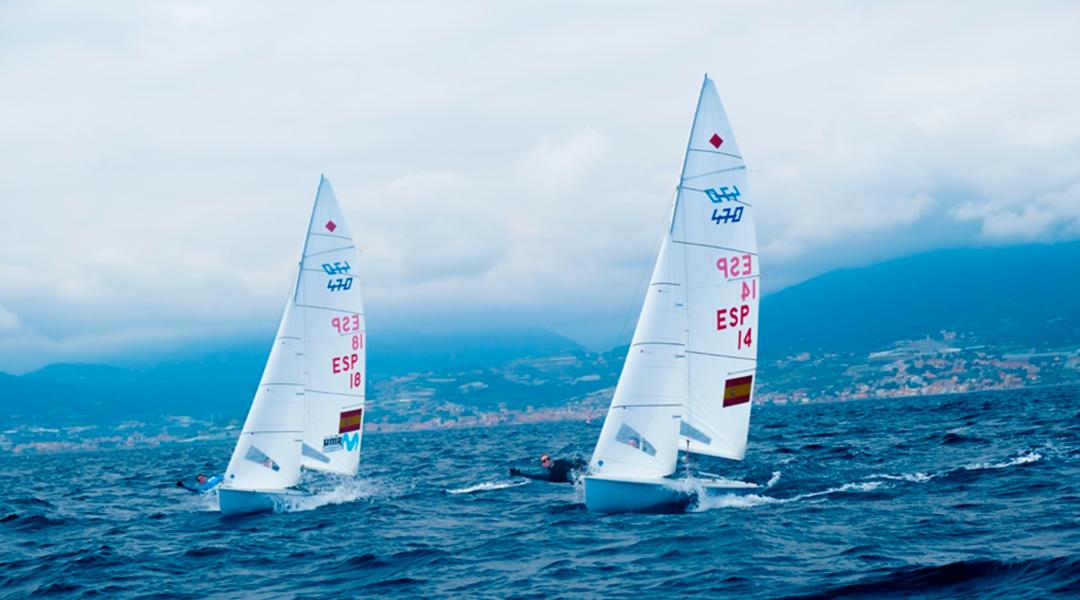
Aglow with good feelings after the great results in the last championships, Jordi Xammar and Silvia Más, skippers of the two 470-class dinghies (named after this light, three-sail vessel’s length in centimetres) that have options to represent Spain in the Olympic Games in Tokyo, set sail for Japan to participate in the World Cup this summer (August 15-22). The objective is to obtain a medal, but most of all they will seek to familiarize themselves with and know the waters in which next year’s Olympic Games will be celebrated. Both will try to end the drought of recent times in a category where illustrious sailors like Theresa Zabell and Jordi Calafat reaped great successes for Spanish sport sailing.
After the good results of Marseille, Miami, San Remo and Aarhus, how do you face the World Cup in Japan this summer?
Jordi Xammar: It’s the world championship and it’s the most important competition of the year. We’ve had a very good season and what really matters now is this tournament, in which we must be at our very best. However, without a doubt, the other great objective is to draw the best possible conclusions regarding the race course for the Olympic Games in Tokyo.
Silvia Más: The objective is the medal. In each championship we have been preparing different phases to reach the World Cup with each piece of the puzzle in place. We’re very happy with our third place in Marseille and we’re going to Japan aiming for the podium again. We also have to learn to get used to the temperatures and peculiarities of Japan.
While the 470 class is responsible for many of the successes in Spanish sport sailing, we haven’t won any medals in this category for years.
Jordi Xammar: The 470 is a very complete boat; there are many ways to rig it, but at the same time it’s a very complicated vessel. In Spain we’ve had great sailors like Jordi Calafat, Theresa Zabell or Natalia Vía-Dufresne. We’ve been without medals for a while because, in my opinion, the previous generation didn’t aim for medals, but for the top ten. We are two hundred percent motivated, have all the support of the federation, and will try to take Spain very high up.
Silvia Más: We’ve had a medal drought. I think Theresa and Natalia were two exceptional characters and they chose the 470 because of their physical condition. They succeeded because they’re truly outstanding. Now it’s our turn to end the drought, together with the federation. Sailing is an expensive sport that needs a lot of investment, especially when it comes to maintenance and development; without the help of the federation and the sponsors it would be impossible. They’re doing a great job, and we’re already seeing the results.
You both started with the Optimist and, after the 420, you went to 470. Is this the logical evolution of every sailor?
Jordi Xammar: It depends on your size. If you’ve done well with the Optimist, you can do well as a skipper with a Laser or a 420. I’ve always liked teamwork a lot and that’s why I think a double-handed vessel forms you much more as a person. The 420 was the natural step and the next, the 470.
Silvia Más: The Optimist is the basis. You sail it until you’re 15 and then you choose your next option. We both chose the 420 because it’s the one that most resembles the 470, which we both wanted to end up with.
You’ve both chosen your respective crews. Nico has been Jordi’s rival since they were both juniors, and Silvia pulled Patricia out of her sailing retreat. How did the recruitment process work?
Jordi Xammar: It was after the Olympic Games in Rio. Every athlete dreams, first and foremost, of participating in the Olympics and, second, of winning a medal. In sport sailing, it’s complicated, because only one candidate represents country, it requires maximum dedication, and you almost have to give up your entire life for it. For Nico, sailing was his passion, he had given up many things in order to participate in an Olympic campaign, yet he’d never had the opportunity. He was really up for it, and that’s why I thought he would be the ideal partner. I also got a lot of help from coach Pepe Lis, who’s a friend of Nico’s. He put us in touch and I happened to call him just two days before he’d sign an employment contract. I called him and he rejected the job offer, which speaks volumes about the type of person he is and what he is willing to give up for a project to go well.
Silvia Más: I started with another girl who in the end couldn’t combine her studies with sailing, so I was alone, right in the middle of the season. I only knew Patricia from seeing her around. To be a crew member you have to be tall and of a certain weight; Patricia met both requirements and had was part of the Rio campaign – that’s why I called her. I had to insist, but finally we got together, trained for two days, competed in Palma as guests and, without really knowing each other, we finished third. We understood each other very well. She’s a top woman who makes everything much easier. She transmits a lot of positive energy.
What has been the best moment sailing has given you?
Jordi Xammar: In my case, when I heard we’d qualified for the Olympic Games in Rio. It was a very close race and we didn’t know who had made it until we got to land. It was unforgettable.
Silvia Más: For me it was ending as runners-up in the world cup last year. The level was very high, we started fourth on the final day with almost the same amount of points as the rest of the racers, and the stress was brutal. On top of that, our families and friends were also there to support us. With all that accumulated emotion, finishing second was amazing.



